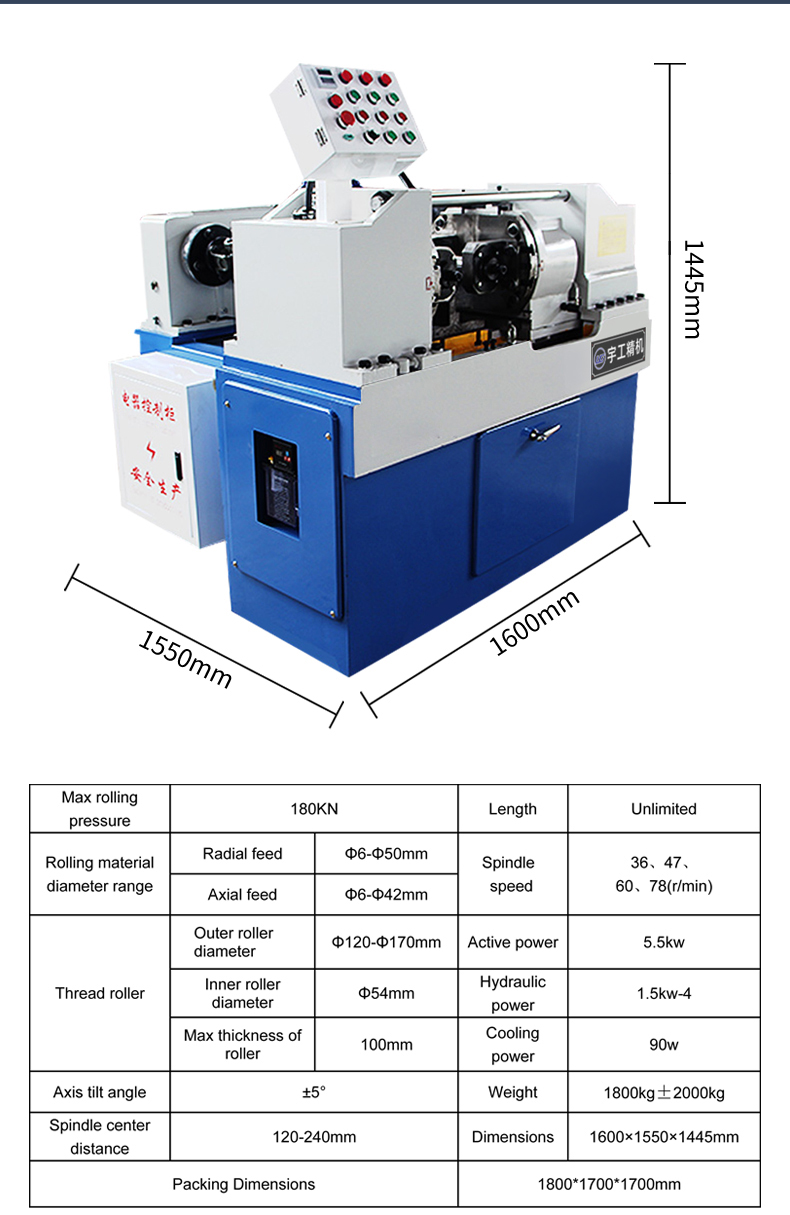
-
 Afrikaans
Afrikaans -
 Albanian
Albanian -
 Amharic
Amharic -
 Arabic
Arabic -
 Armenian
Armenian -
 Azerbaijani
Azerbaijani -
 Basque
Basque -
 Belarusian
Belarusian -
 Bengali
Bengali -
 Bosnian
Bosnian -
 Bulgarian
Bulgarian -
 Catalan
Catalan -
 Cebuano
Cebuano -
 Corsican
Corsican -
 Croatian
Croatian -
 Czech
Czech -
 Danish
Danish -
 Dutch
Dutch -
 English
English -
 Esperanto
Esperanto -
 Estonian
Estonian -
 Finnish
Finnish -
 French
French -
 Frisian
Frisian -
 Galician
Galician -
 Georgian
Georgian -
 German
German -
 Greek
Greek -
 Gujarati
Gujarati -
 Haitian Creole
Haitian Creole -
 hausa
hausa -
 hawaiian
hawaiian -
 Hebrew
Hebrew -
 Hindi
Hindi -
 Miao
Miao -
 Hungarian
Hungarian -
 Icelandic
Icelandic -
 igbo
igbo -
 Indonesian
Indonesian -
 irish
irish -
 Italian
Italian -
 Japanese
Japanese -
 Javanese
Javanese -
 Kannada
Kannada -
 kazakh
kazakh -
 Khmer
Khmer -
 Rwandese
Rwandese -
 Korean
Korean -
 Kurdish
Kurdish -
 Kyrgyz
Kyrgyz -
 Lao
Lao -
 Latin
Latin -
 Latvian
Latvian -
 Lithuanian
Lithuanian -
 Luxembourgish
Luxembourgish -
 Macedonian
Macedonian -
 Malgashi
Malgashi -
 Malay
Malay -
 Malayalam
Malayalam -
 Maltese
Maltese -
 Maori
Maori -
 Marathi
Marathi -
 Mongolian
Mongolian -
 Myanmar
Myanmar -
 Nepali
Nepali -
 Norwegian
Norwegian -
 Norwegian
Norwegian -
 Occitan
Occitan -
 Pashto
Pashto -
 Persian
Persian -
 Polish
Polish -
 Portuguese
Portuguese -
 Punjabi
Punjabi -
 Romanian
Romanian -
 Russian
Russian -
 Samoan
Samoan -
 Scottish Gaelic
Scottish Gaelic -
 Serbian
Serbian -
 Sesotho
Sesotho -
 Shona
Shona -
 Sindhi
Sindhi -
 Sinhala
Sinhala -
 Slovak
Slovak -
 Slovenian
Slovenian -
 Somali
Somali -
 Spanish
Spanish -
 Sundanese
Sundanese -
 Swahili
Swahili -
 Swedish
Swedish -
 Tagalog
Tagalog -
 Tajik
Tajik -
 Tamil
Tamil -
 Tatar
Tatar -
 Telugu
Telugu -
 Thai
Thai -
 Turkish
Turkish -
 Turkmen
Turkmen -
 Ukrainian
Ukrainian -
 Urdu
Urdu -
 Uighur
Uighur -
 Uzbek
Uzbek -
 Vietnamese
Vietnamese -
 Welsh
Welsh -
 Bantu
Bantu -
 Yiddish
Yiddish -
 Yoruba
Yoruba -
 Zulu
Zulu
A Comprehensive Guide to Nail Thread Rolling Machine Prices and Specifications
Overview of Nail Thread Rolling Machine Price Lists
In today's competitive manufacturing landscape, the efficiency and quality of production processes are crucial to success. Among various tools and machinery that aid in production, the nail thread rolling machine has emerged as an essential asset, particularly for industries focused on fasteners. Understanding the price lists for these machines is vital for businesses aiming to invest or upgrade their manufacturing capabilities.
Understanding Nail Thread Rolling Machines
Nail thread rolling machines are specialized equipment used to create threads on nails and other fasteners. These machines use a process called rolling, which involves deforming a piece of metal to create the desired thread profile rather than cutting it. This method not only enhances the strength of the threads but also improves the overall surface finish of the final product. As a result, manufacturers are increasingly opting for thread rolling machines over traditional cutting methods.
Factors Influencing Pricing
The price of nail thread rolling machines can vary significantly based on several factors
. Here are some of the primary elements that contribute to the cost1. Machine Type and Specifications Different thread rolling machines come with various configurations and capabilities. For example, some machines are designed for high-volume production, while others are intended for smaller batches. Machines with advanced features like programmable controls, automation, and higher production speeds typically command higher prices.
2. Manufacturing Technology The technology employed in the machine also affects pricing. Hydraulic and mechanical machines have different cost structures, with hydraulic machines generally priced higher due to their enhanced performance and energy efficiency. Additionally, modern CNC (Computer Numerical Control) models offer greater precision and repeatability but also come with a higher price tag.
nail thread rolling machine pricelist

3. Brand and Vendor Reputation Established brands with a history of reliability and performance often charge a premium for their machines. Investing in a reputable brand can sometimes lead to lower long-term costs, as these machines may require less maintenance and provide greater durability.
4. Customization and Additional Features Many manufacturers offer customization options for their machines, which can increase the price. Features such as enhanced safety systems, data logging capabilities, and quick change tooling can all contribute to a higher overall cost.
5. Geographical Factors The cost of nail thread rolling machines can vary by region due to shipping costs, tariffs, and local market conditions. Import duties can significantly affect the final price for machines shipped internationally.
Average Price Range
While prices can vary widely, entry-level nail thread rolling machines might start at around $10,000, while more advanced models can exceed $100,000. This broad range reflects the diverse needs of manufacturers, from smaller operations looking for basic thread rolling capabilities to large facilities requiring heavy-duty machines capable of high-speed production.
Conclusion
Investing in a nail thread rolling machine is a significant decision for any manufacturing business, requiring careful consideration of various factors that influence pricing. Understanding the market landscape and specific requirements of your operation will help ensure that you choose the right machine for your needs. By evaluating the different types of machines available, their features, and their associated costs, businesses can better position themselves for success in the competitive landscape of fastener production. Ultimately, the right machine can enhance production efficiency, improve product quality, and drive profitability.
